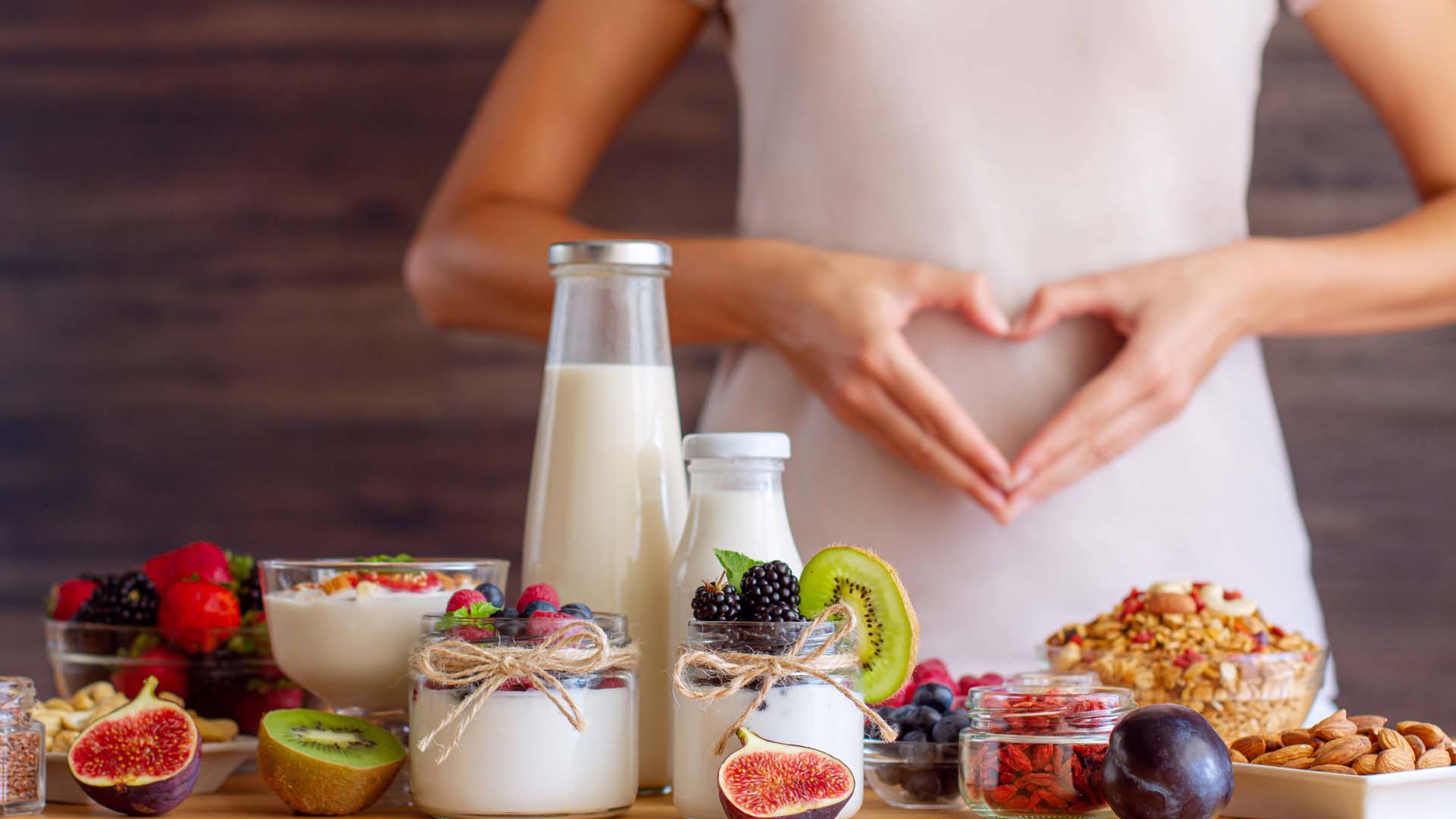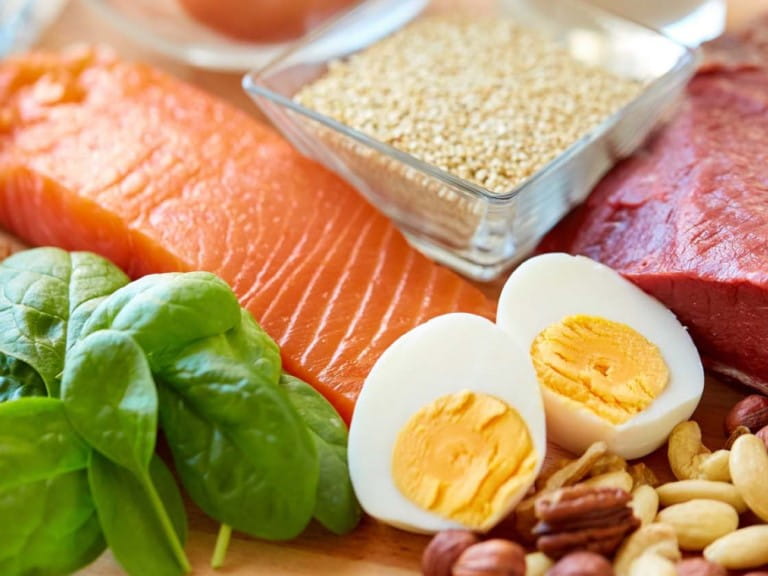Are baked beans good for you? The truth about Britain’s favourite tin and the healthiest ones to buy
They might be the nation’s favourite comfort food, but baked beans are also packed with health benefits. Here’s why they’re good for you and which tins are worth picking up.























